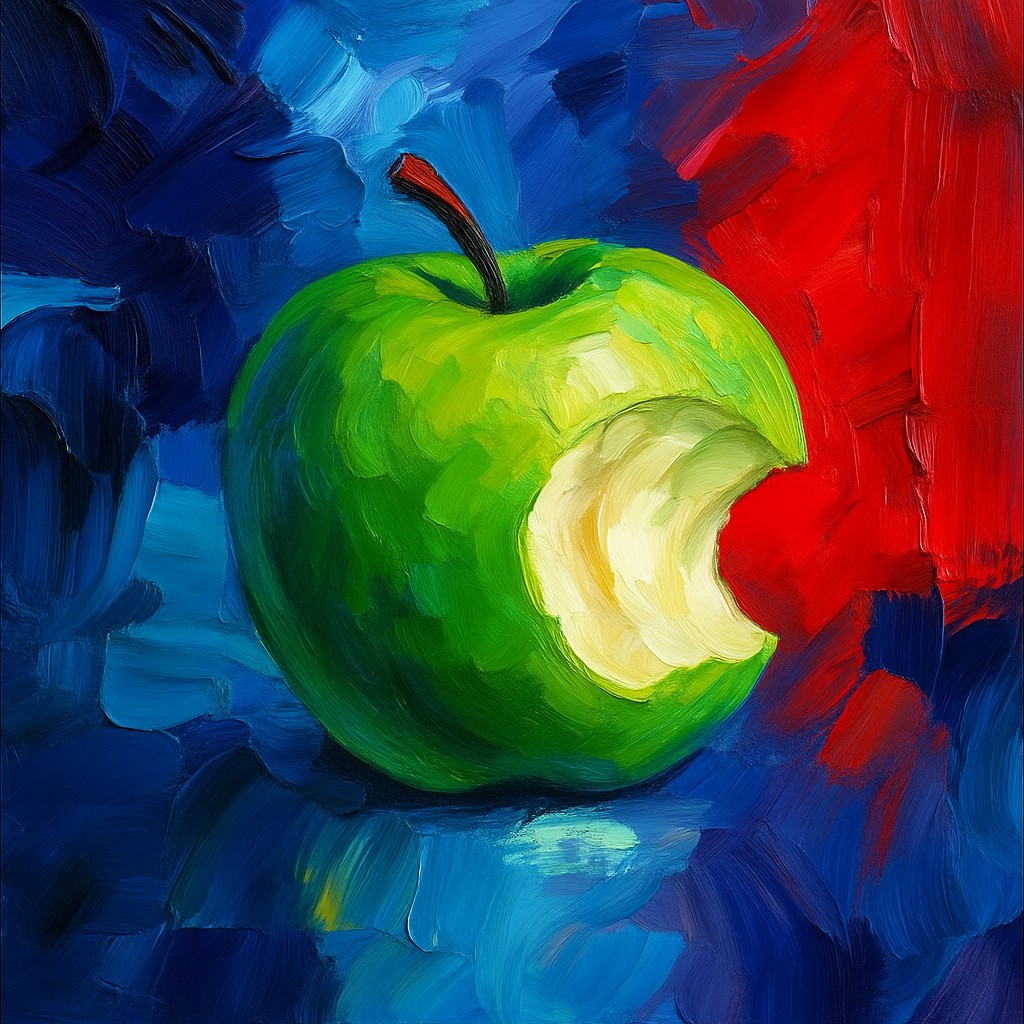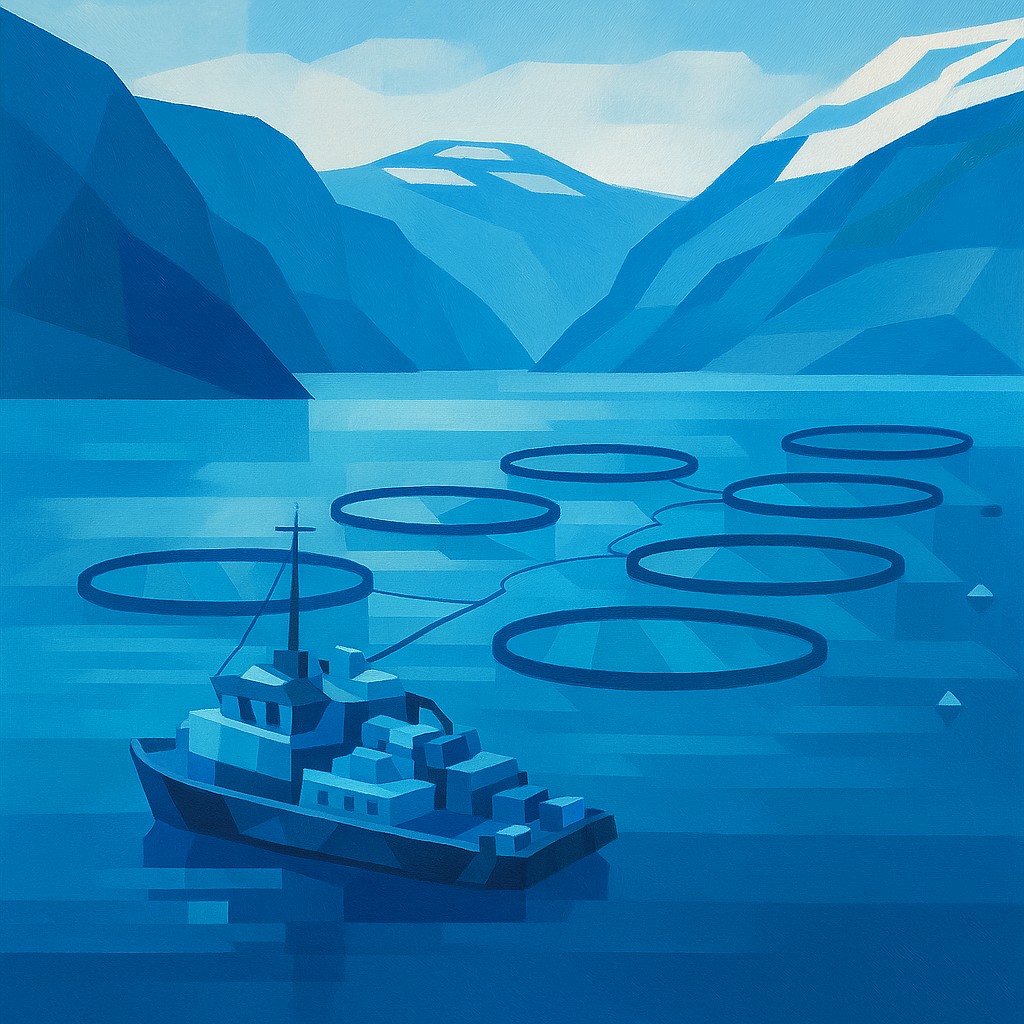Beneath the Surface: The Animal Welfare Crisis in the Fish Farming Industry

Main moments
Summary
The aquaculture industry represents the largest animal welfare crisis in history. If you count the number of individuals, farmed salmon accounts for 92.5 % of all farmed animals in Norway. Norwegians have a special responsibility for salmon welfare, as we control over half of the world’s total farmed salmon production.
Around 200 million Norwegian salmon die before slaughter each year. The number is higher than the total count of all other species in Norwegian food production combined. Behind these figures lies tremendous pain, disease, and poor living conditions. Common causes of death include winter ulcers, heart failure, and gill disorders. The treatment of fish today starkly contrasts Norway’s longstanding tradition of protecting animals and the widespread political agreement on the importance of animal welfare.
Poor animal welfare levels are no secret. The Office of the Auditor General (“Riksrevisjonen”) has criticised the authorities for inadequate measures and poor follow-up of animal welfare in the aquaculture sector. Both industry and politicians acknowledge the need for improvement. A new survey shows that 37% of Norwegians have grown more sceptical of farmed salmon due to ethical and environmental concerns.
Far too little is being done by the industry and regulators. Although the industry is working to enhance animal welfare, the issues remain serious. Politicians have yet to take adequate action to address what is arguably our worst animal welfare crisis in history. We must urgently improve regulations and strengthen their enforcement.
To improve conditions for animals in Norway, we propose five measures:
- Ban the use of cleaner fish and thermal delousing of salmon. Both methods inflict severe suffering on fish. It is unacceptable and must be stopped immediately.
- The authorities must halt production if mortality rates are too high. If mortality rates among farmed salmon exceed “sustainable levels,” the authorities should have the power to require that production be scaled back until the issue is resolved. One solution is to expand the existing “traffic-light system” for sustainable aquaculture in Norway to include farmed salmon.
- Introduce a tax on suffering. We should reform the tax system so that food producers with poor animal welfare standards are penalised, while those who treat animals well are rewarded.
- The regulatory authority must be strengthened. The Norwegian Food Safety Authority (Mattilsynet) plays a crucial role in enforcing regulations but lacks sufficient resources. It should be bolstered, and fines for breaches of the animal welfare law must be substantially increased. This will ensure the aquaculture industry has a proper financial incentive to safeguard animal welfare.
- Require less intensive smolt production. To ensure good salmon welfare throughout their lives, we need regulations that ensure less intensive smolt production.
Download and read the full report in English here:
More from Langsikt

The Arguments "Bondelaget" Leads Are Weak
Farmers should not stand in the way of GMOs that can make the farming industry more sustainable and strengthen fish welfare.

Gene technology for better fish welfare
GMO anxiety does not merely cost the aquaculture industry billions of Norwegian kroner; it also harms the lives and health of salmon. To prevent avoidable suffering, industry leaders and policymakers must act quickly.

Confessions of a Hypocrite
In the pursuit of tasty proteins, you are responsible for the lives and murders of thousands of animals over the course of a lifetime. Forget your flights, the infidelity, and the cheap products from China. If animals in production have a claim to being treated like the sentient and thinking beings they are, your diet is probably the worst thing you do.

Norway's underwater blind zone
Norway has a moral blind zone underwater. Annually, 200 million farmed salmon die before slaughter, and behind the figure lurks even more lives. Albert Didriksen and Aksel Braanen Sterri from the Norwegian think-tank Langsikt describe ethical challenges in salmon farming.